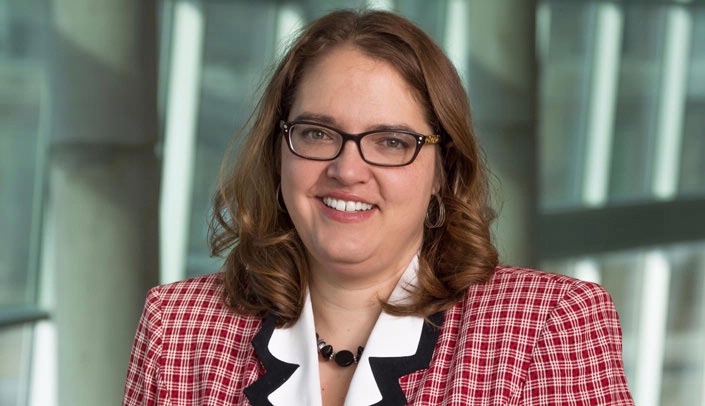The Munroe-Meyer Institute at UNMC and the Nebraska Department of Health & Human Services’ (DHHS) Nebraska Respite Program are looking for individuals across the state interested in being trained to provide respite care services, as well as families who might be eligible to receive a subsidy for respite care services.
Statewide system
In 1999, the Nebraska Legislature funded the Lifespan Respite Network to provide a statewide system for the coordination of respite resources. DHHS awards grants to six local entities across the state with respite coordinators who are responsible for information and referral for families needing access to respite, as well as coordinating training for providers and consumers.
To become a respite provider, to find out if you qualify for services or to find a respite caregiver in your area, call 1-866-RESPITE or click here.
Respite offers family caregivers a temporary break from the ongoing demands of caring for their loved one with a disability or medical condition, including behavioral health needs. Respite is provided in the home or while participating in community activities agreed on with the family caregivers.
Sharon Johnson, DHHS program coordinator, Lifespan Respite and Disabled Persons & Family Support, said there’s a significant need for respite.
“Depending on circumstances, family caregiving can be financially devastating,” she said. “Many families are unaware of respite resources and have no support for relief.”
Those eligible for training as respite providers — both paid and volunteer — must be over the age of 14. However, requirements to provide paid respite vary by program or funding source.
Respite at the med center
The MMI respite team is working with UNMC and Nebraska Medicine to provide respite resources to employees, students, faculty and staff. For more information, please contact Kim Falk, at 9-4951 or via email.
Sarah Swanson, community and family resource specialist at MMI, said training builds confidence, teaching the basics of caregiving — what it is, what they may encounter and the needs of those being cared for.
Research indicates that family caregivers who are able to receive some respite are better caregivers. Respite can be as simple as being able to spend time with other family members, taking care of personal business, getting medical care, going shopping or taking a bath without having to worry.
Families who provide care for other family members may be eligible for up to a $125 month subsidy for respite caregiving services. Those who qualify include providers of ongoing care for spouses or partners with disabilities, parents of adults or children with disabilities, and adults caring for siblings or parents with disabilities.
“Caregivers who get a break from their caregiving responsibilities have improved health outcomes, less stress and more harmonious family interactions,” Swanson said. “Access to respite is an upstream approach to keep the family together and the individual who is aging or with a disability out of costly institutional care.
“Most individuals who need long-term services and support want to stay with their family in their own home. Often because of caregiving demands, caregivers drop out of the workforce. We need to start looking at ways to better address family caregiver needs and respite is one way to do so.”

Way to go Sarah! Your presentation last semester really exposed the huge need for respite care, so I am very pleased that MMI and DHHS have partnered to address this issue.